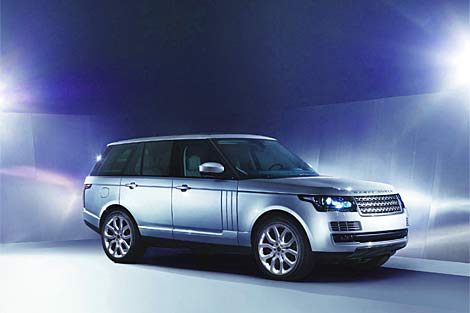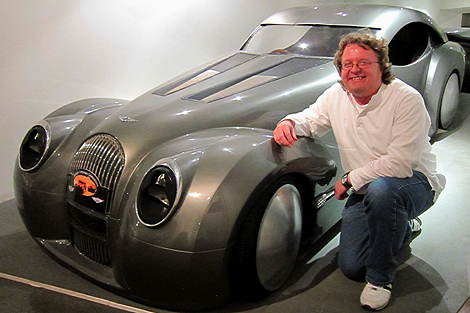
A smart control strategy for hybrid vehicles, which can reduce fuel consumption by up to 16 per cent, has been developed by a researcher at Eindhoven University of Technology (TU/e).
"In order to make trucks consume less fuel we shall have to provide the driver with more tools for smarter driving. My method is an initial impetus for a smart control strategy," explains Thijs van Keulen, who developed and tested the new system with funding from TNO Automotive.
Van Keulen's method uses an on-board navigation system that provides information about the corner radius, road inclination and speed limits ahead of the vehicle. "My main contribution is an algorithm that calculates the optimal velocity trajectory for a hybrid vehicle in a hilly environment," he said. "This could be used as input for a cruise control algorithm."
Effectively the new system does automatically what a thoughtful driver would do manually - anticipating the road conditions ahead and selecting speed, gear and power to suit.
"The control strategy we apply is based on optimal control theory instead of heuristic rules which are often applied in practice," said Van Keulen. "Optimal control can be described with a so-called 'Lagrange multiplier' which states the value of energy stored in the battery against fuel." Van Keulen's system estimates this multiplier in real time, based on the current energy stored in the battery, the vehicle mass and velocity, and the road inclination. This means the control strategy is automatically adjusted for changes in vehicle mass and height differences along the route.
Fuel savings on a 12-ton truck range from 7 per cent to 16 per cent, measured on a chassis dynamometer. "We can show that the implemented strategy lies within 1.5 per cent of the theoretical optimum fuel consumption for a large range of operating conditions," said Van Keulen.
Van Keulen has applied his smart control strategy on a route in a computer model for a hybrid 40-ton truck and the maximum fuel reduction achieved there is 6 per cent
Van Keulen predicts that hybrid trucks will routinely use smart control within 10 years. "Smarter driving does not only make trucks more economical, but cleaner as well - think of lower emissions of nitrogen dioxide and soot particles. And of even cleaner truck transport in inner-city traffic by making 12-ton trucks drive '100% electric' inside the city," he said.
Thijs van Keulen will present his research at the IFAC world congress in Milan in August.



